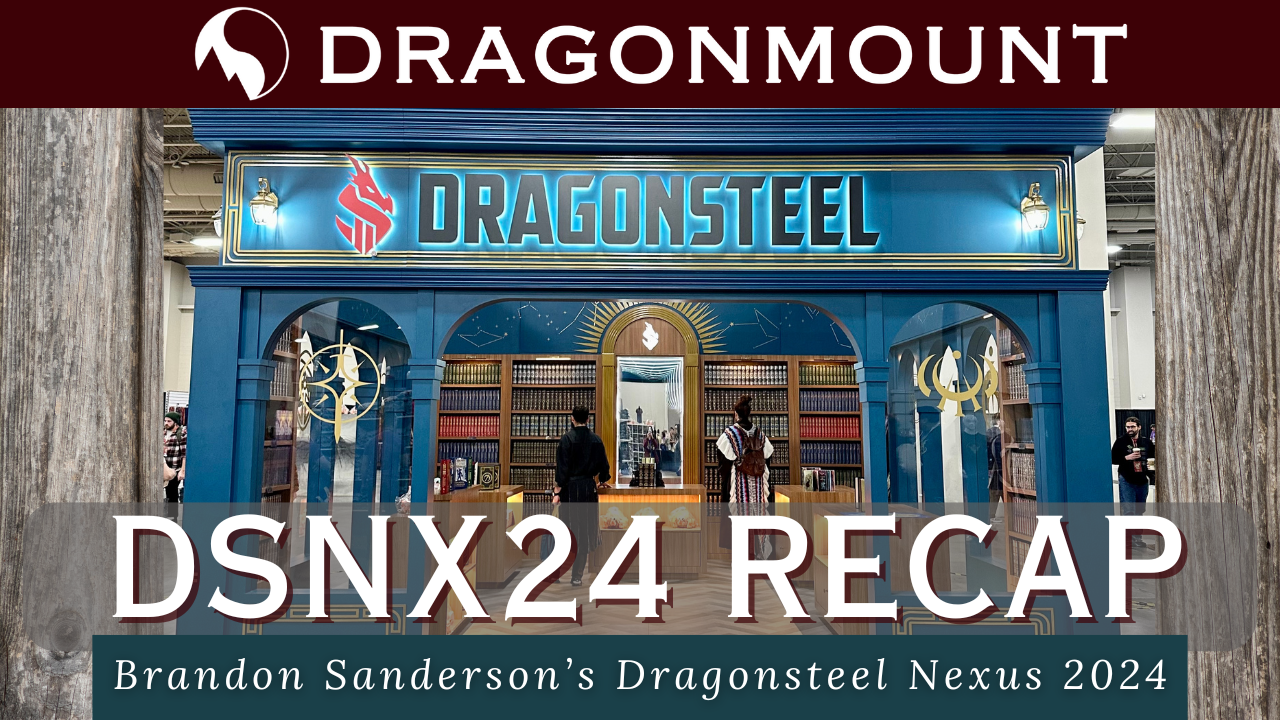Lews Therin
84 members have voted
-
1. What was the nature of the 'voice'? (Keep in mind that all three options acknowledge that the memories were very real.)
-
The voice was the real Lews Therin from the Age of Legends, talking to Rand and trying to take over.
-
The voice was an illusion subconsciously constructed by Rand (with the help of the taint) to disassociate himself from Lews Therin's memories.
-
The voice was a taint-induced delusion, and had nothing to do with Rand's motives.
-














Recommended Posts
Archived
This topic is now archived and is closed to further replies.